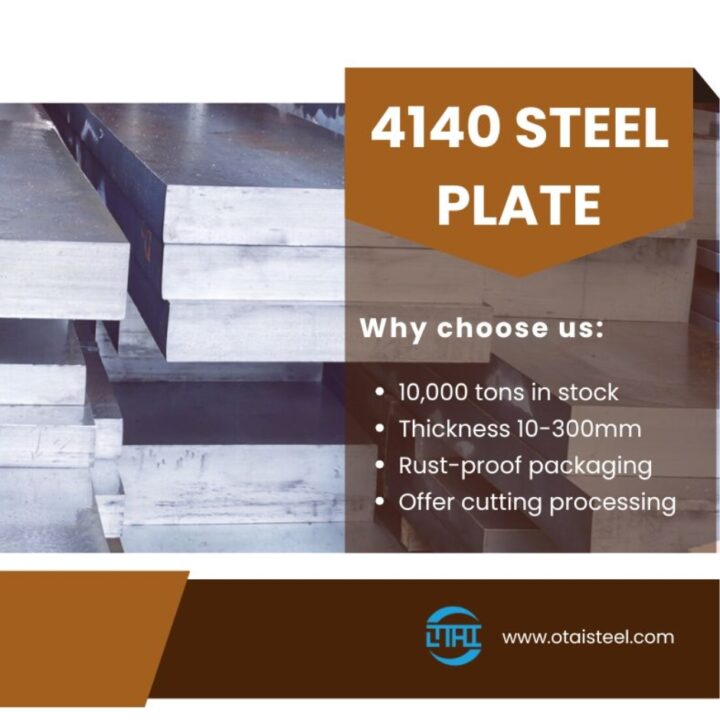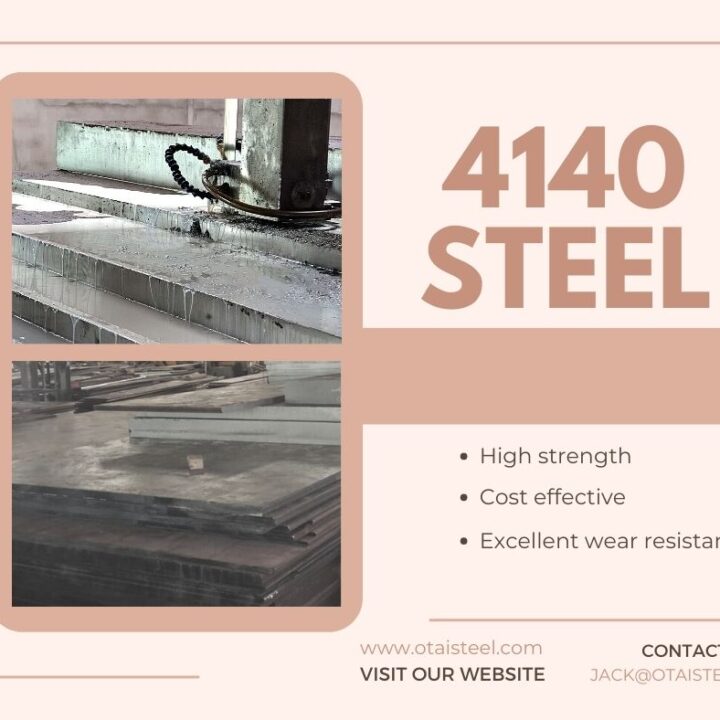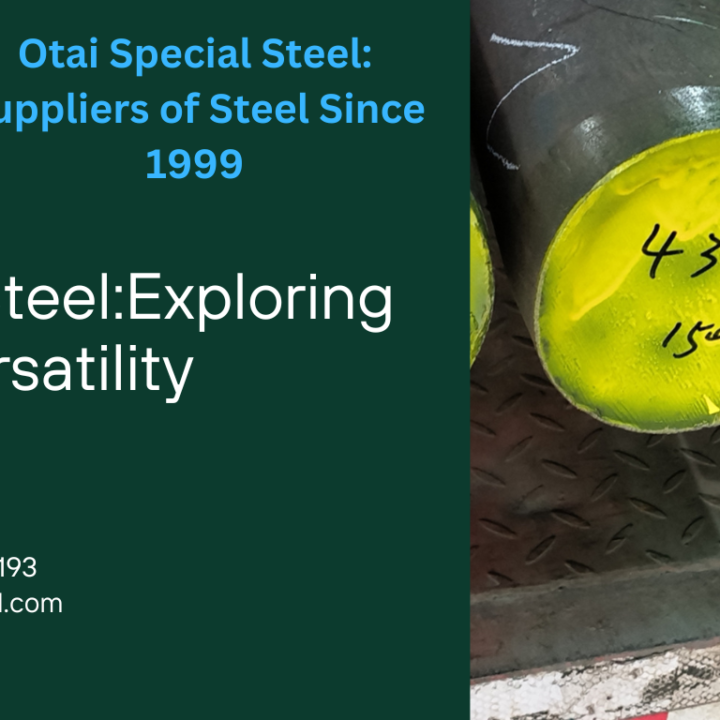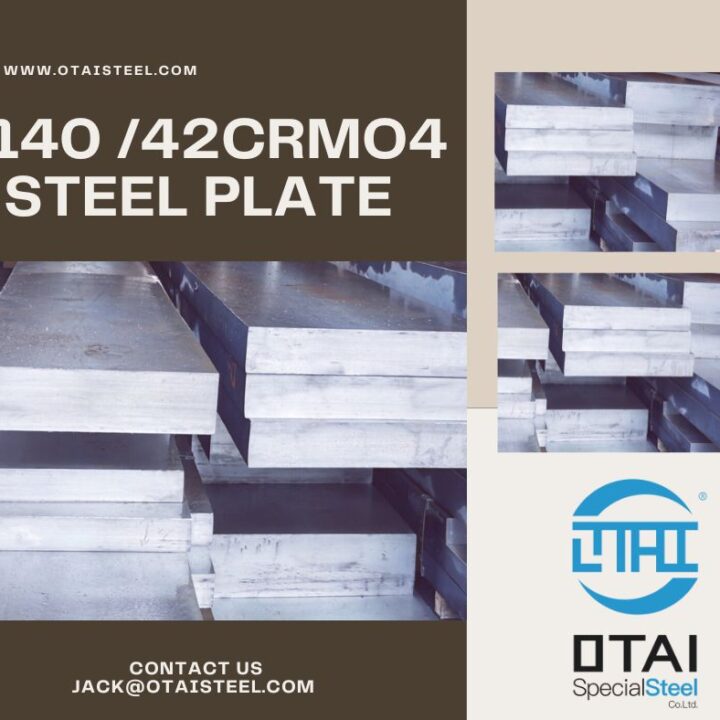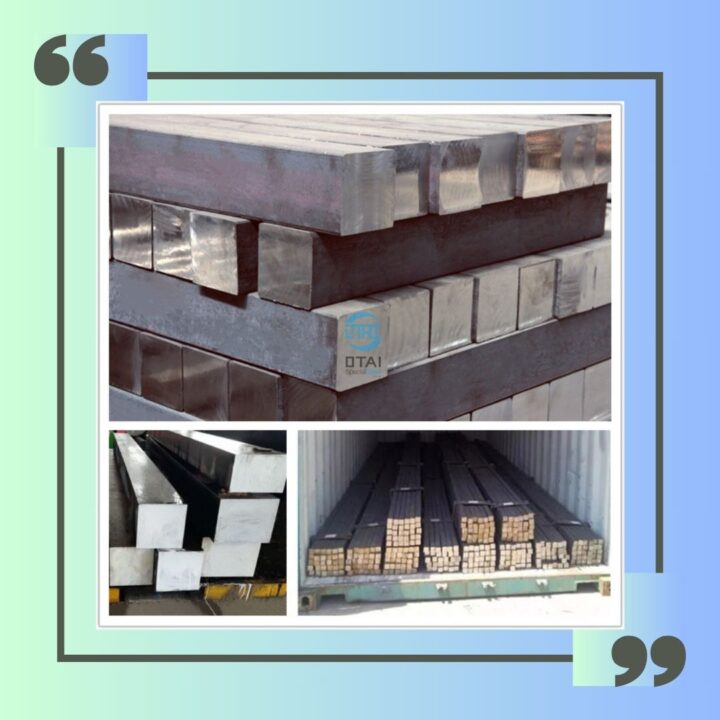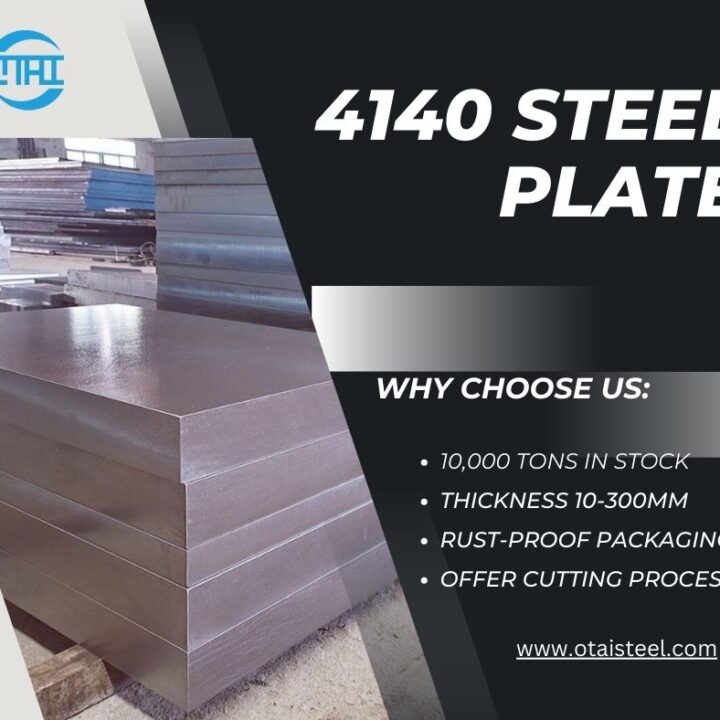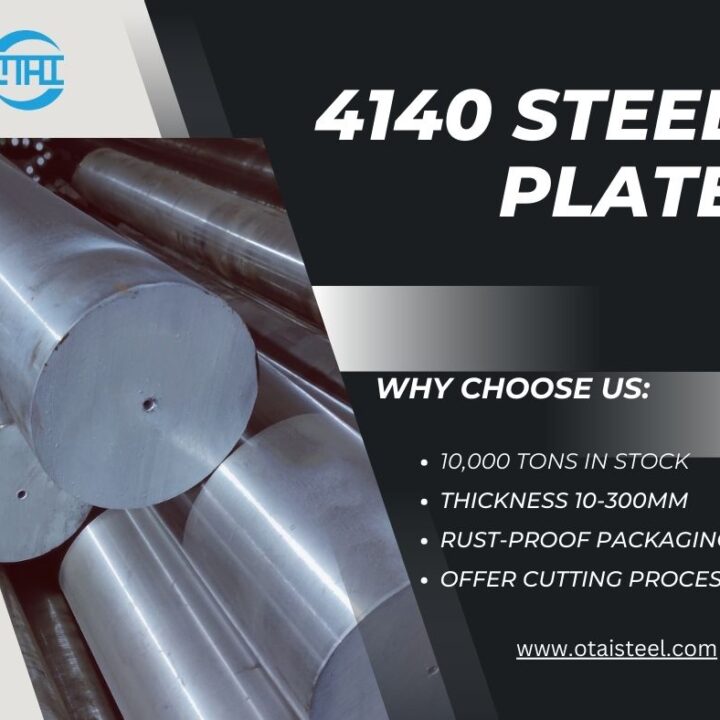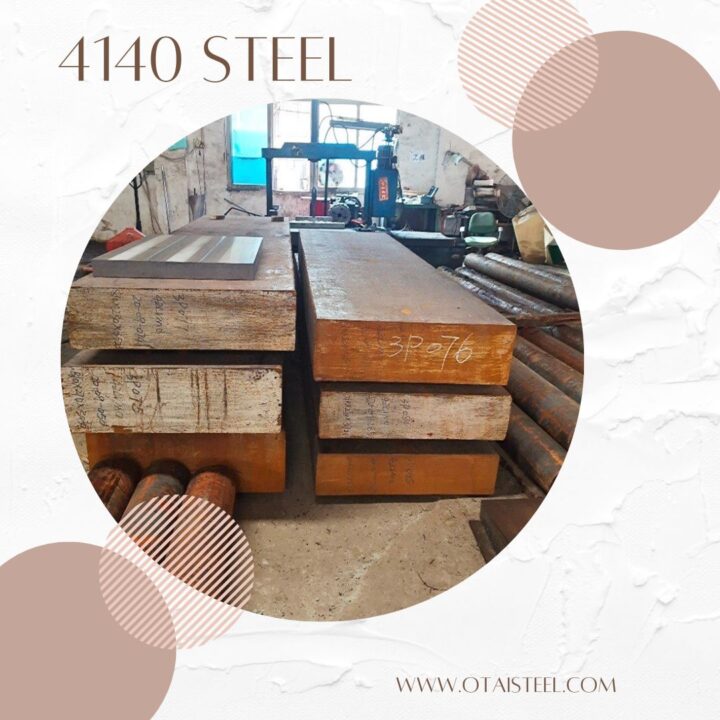4140 steel is a low alloy steel that primarily consists of iron, chromium, and molybdenum. Its composition is carefully balanced to achieve a combination of high strength, toughness, and resistance to wear and fatigue. The presence of chromium and molybdenum contributes to the alloy’s hardenability, which makes it suitable for heat treatment processes.
Mechanical Properties of 4140 Steel
In its annealed state, 4140 steel exhibits good machinability, allowing for various manufacturing processes. However, its true potential is realized through heat treatment. Once heat-treated, 4140 steel boasts impressive mechanical properties, including high tensile strength, excellent fatigue resistance, and good impact toughness.
Heat Treatment and Hardness
The versatility of 4140 steel is significantly enhanced by its response to heat treatment. Through processes like quenching and tempering, manufacturers can achieve varying levels of hardness to suit specific application requirements. This adaptability makes it a sought-after choice for applications demanding different levels of strength and toughness.
What is 4140 Steel Used For
Automotive Industry
4140 steel finds extensive use in the automotive sector. It’s utilized in manufacturing critical components such as crankshafts, axle shafts, and connecting rods. The alloy’s high strength and fatigue resistance contribute to improved performance and longevity of these parts.
Oil and Gas Sector
In the oil and gas industry, It plays a vital role in the production of downhole drilling tools, valves, and components for offshore platforms. Its ability to withstand high-pressure environments and harsh conditions makes it an ideal material for such applications.
Construction Equipment
The construction sector benefits from 4140 steel’s durability and load-bearing capabilities. It’s commonly used for creating structural parts like crane hooks, gears, and shafts in heavy machinery.
Tooling and Machining
Machinists and toolmakers appreciate 4140 steel for its machinability and wear resistance. It’s employed in producing toolholders, collets, and fixtures, ensuring reliable performance and extended tool life.
Aerospace Components
Aerospace applications demand materials that can withstand extreme conditions while remaining lightweight. 4140 steel’s combination of strength and versatility makes it a suitable choice for manufacturing aircraft landing gear components and structural parts.
Advantages of Using 4140 Steel
High Strength and Toughness
One of the key advantages of 4140 is its exceptional strength-to-weight ratio. This attribute makes it valuable in applications where weight reduction and load-bearing capacity are crucial.
Versatile Heat Treatability
The ability to achieve varying hardness levels through heat treatment provides engineers and designers with flexibility in tailoring material properties to specific project requirements.
Cost-Effectiveness
Considering its performance characteristics, it offers a cost-effective solution for industries that require reliable and durable materials without exorbitant costs.
Wear Resistance
4140’s resistance to wear and abrasion is particularly valuable in applications involving sliding or abrasive interactions, contributing to extended component lifetimes.
Limitations and Considerations
While 4140 steel offers numerous benefits, it’s important to note that its high hardenability can lead to brittleness if not properly heat-treated. Designers and engineers must carefully consider heat treatment processes to avoid potential issues.
Maintaining and Working with 4140 Steel
To ensure the longevity and performance of components made from 4140 steel, proper maintenance practices are essential. Regular inspections, lubrication, and adherence to recommended operating conditions contribute to extended service life.
In the world of engineering and manufacturing, 4140 shines as a versatile and reliable material with a broad spectrum of applications. Its blend of strength, toughness, and heat treatability makes it a favored choice across industries that demand robust and high-performing materials.
